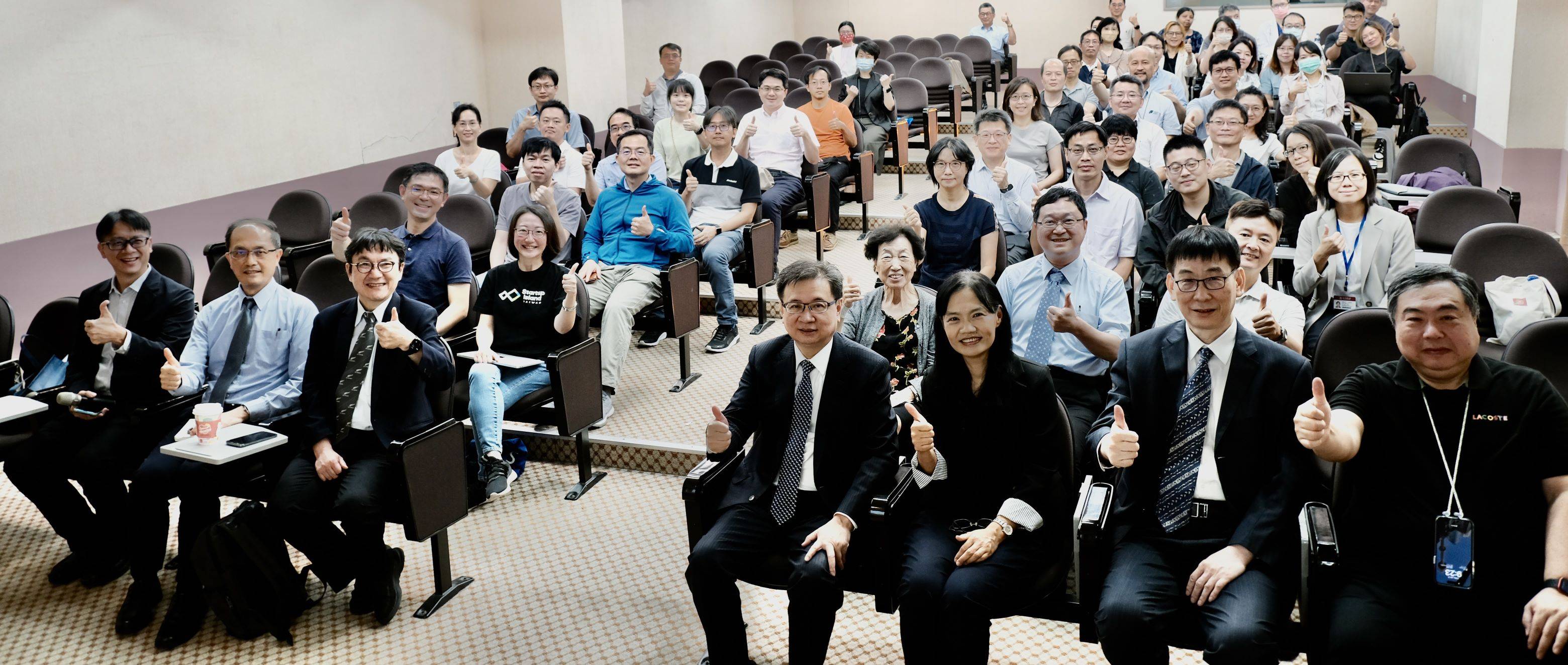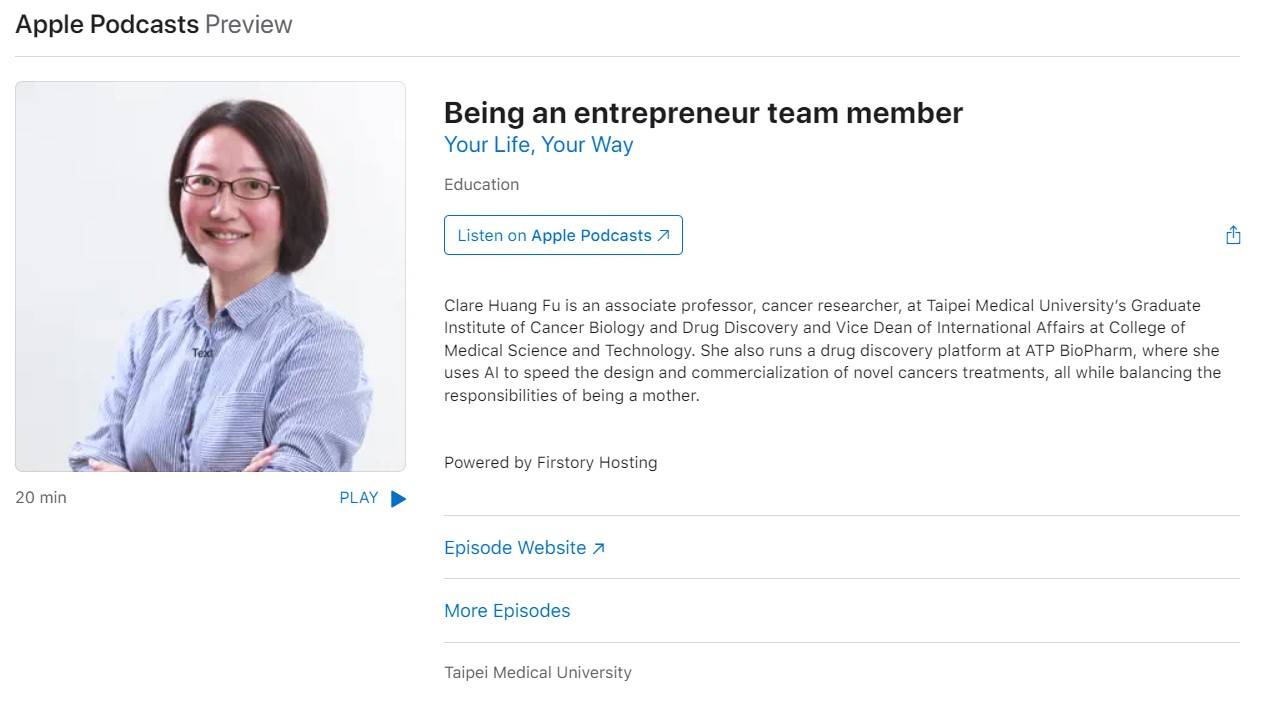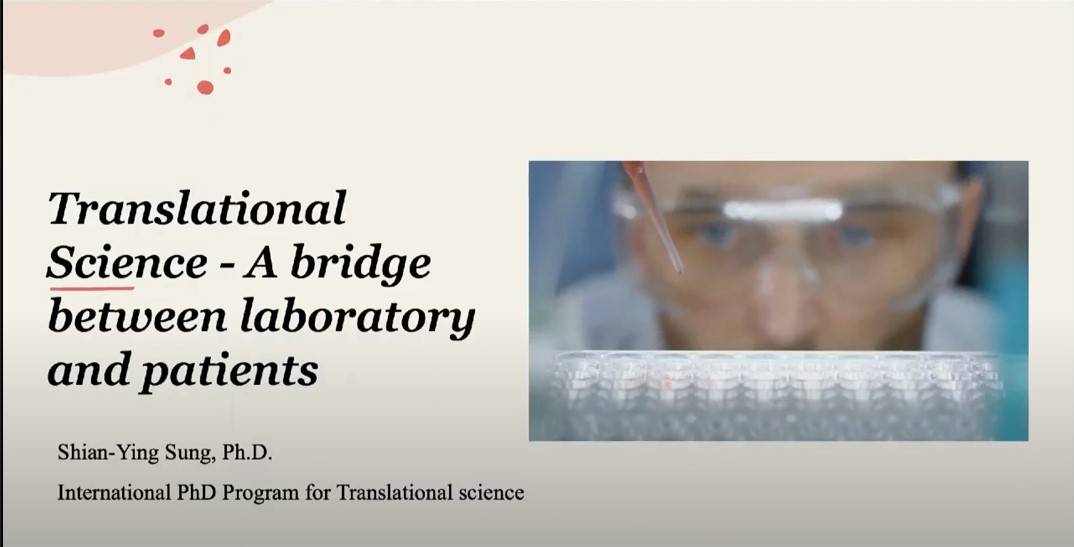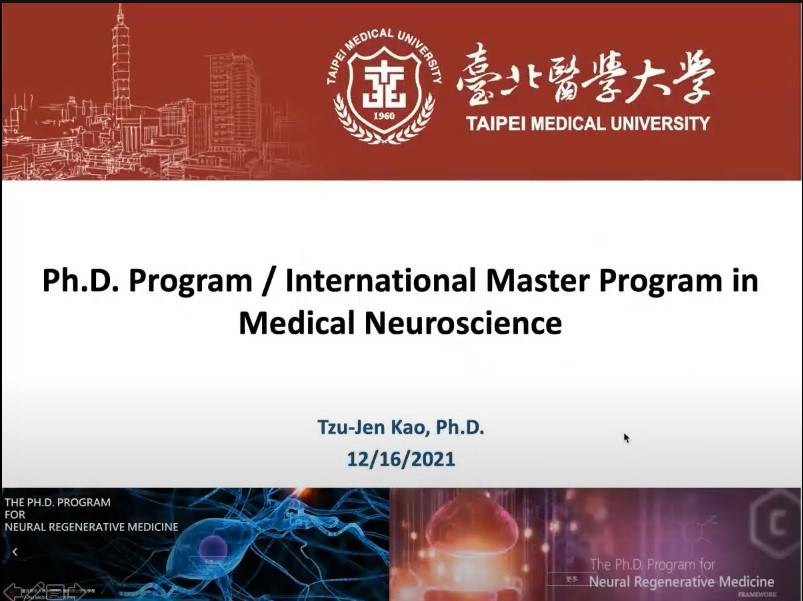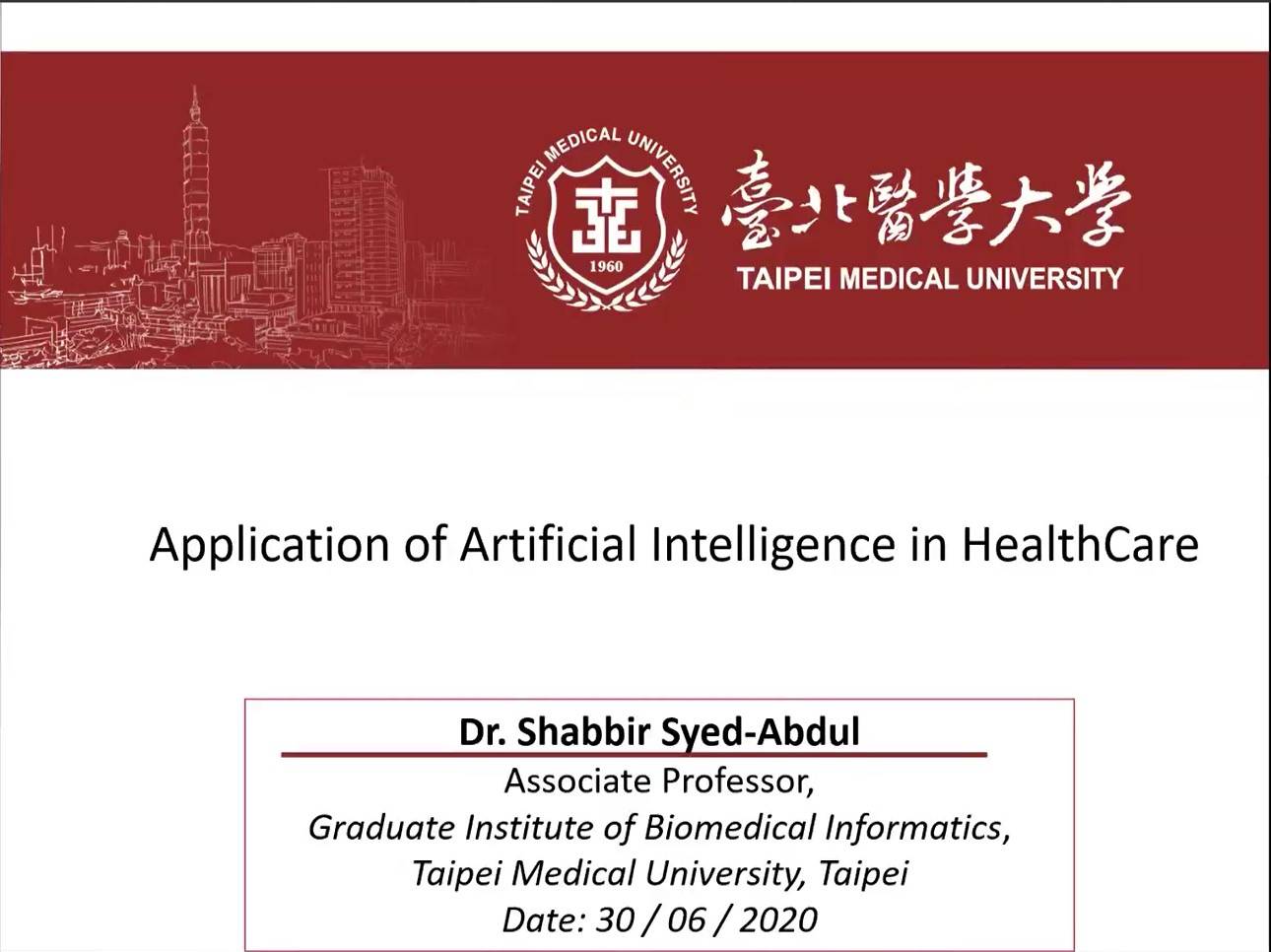Taipei Medical University establishing “OHDSI Taiwan Chapter,” joining global transnational research published in JAMIA

The study discovered that exposure to an environment with higher carbon monoxide level may increase the risk of depression in babies. This research has been published in the Journal of the American Medical Informatics Association (JAMIA). According to Assistant Professor Usman Iqbal in the sphere of global health and development, the above study analyzed data from more than tens of millions of people in Taiwan, the U.S. and South Korea. The average age was between 35 and 53 years old, and the time spanned from 1979 to 2016. The average database spans 24 years, and the longest spans 36 years, with Taiwan’s database spanning 13 years. The results showed that the environment of pregnant women during gestation may be related to the risk of depression, Type 2 diabetes and other diseases.
Did you know? |
| Currently, the amount of global medical information is massive. If sorted and analyzed, it can certainly promote medical progress and improve human health and well-being. However, many countries have different medical data format. For example, Taiwan uses the NHI code for drugs; the U.S., the RX Norm; and the World Health Organization, the ATC. Also, disease coding formats are different from one another: Taiwan uses the ICD; South Korea, the KCD; and the U.K., the READ. That is reason why it is not easy to connect and add value to the data. Like how the ancient Chinese Emperor Qin Shihuang standardized the Chinese units of measurements, OHDSI hopes to establish a common language for converting the electronic health record database of hospitals into a common data model. By constructing a universal standard system, the medical care and patient safety can be greatly improved. |
In recent years, TMU has been committed to big data analysis and artificial intelligence applications in the medical field. TMU actively participates in international cooperation, including OHDSI, which is headquartered in Columbia University in the U.S. The OHDSI gathers researchers worldwide to establish an observational medical database for bringing out the value of health data through large-scale analysis.
Through such a close cooperation with OHDSI tools, TMU has formed a relevant academic community and subsequently established the OHDSI Taiwan in March 2020. Core members include Professor Yu-Chuan (Jack) Li (李友專), Professor Min-Huei Hsu (許明暉), Assistant Professor Usman Iqbal, etc. TMU hopes to expand the OHDSI mechanism throughout Taiwan as soon as possible so that more medical institutions in Taiwan can participate and contribute toward better medical decision-making and global medical care.
